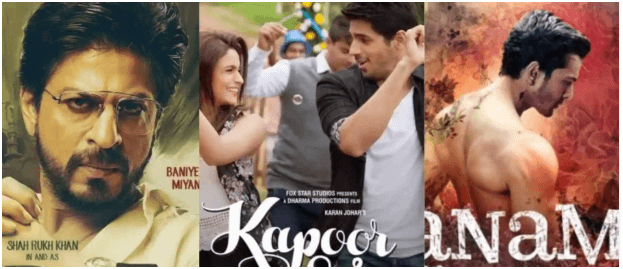Pakistani actors being removed from promotional material for upcoming films and music projects.
One of the most notable cases involves Pakistani actress Mawra Hocane, who has been taken off posters for films and songs featured on major platforms like Spotify and YouTube. This move appears to be a direct consequence of the growing geopolitical tensions between the two neighboring nations, which have led to increased scrutiny of cross-border collaborations in the entertainment industry.
Mawra Hocane, who gained popularity in Bollywood with her role in Sanam Teri Kasam (2016), had been expected to reprise her role in the rumored sequel, Sanam Teri Kasam 2. However, recent reports suggest that Indian actress Shraddha Kapoor is now being considered as her replacement in the upcoming film. This development has further fueled speculation about the shifting dynamics in the Indian film industry regarding Pakistani talent and collaborations.
The removal of Pakistani actors from Bollywood promotional material reflects broader sentiments within India, where national security concerns have at times translated into calls for limiting cultural exchanges with Pakistan. In the wake of heightened political tensions, there has been a growing inclination among some in the Indian film industry to distance themselves from Pakistani artists, with Bollywood producers and filmmakers reportedly being more cautious about casting actors from across the border.
The situation highlights the complex intersection of politics and entertainment. While the entertainment industry in both India and Pakistan has historically seen a great deal of collaboration, especially through the shared medium of film and music, the recent political climate has made such collaborations more contentious. This has had significant repercussions for Pakistani artists working in India, who have found themselves caught in the crossfire of larger geopolitical issues.
For Mawra Hocane, this shift marks a challenging phase in her career. The actress, known for her charming screen presence, has previously expressed her affection for Bollywood and the Indian audience. Her removal from posters and potential replacement in Sanam Teri Kasam 2 signals the difficulties faced by artists who are subject to the broader political and cultural climate.
While some Bollywood industry insiders have expressed disappointment at the changing dynamics, others have argued that such steps are necessary in times of political unrest to maintain public sentiment. Additionally, the shift away from Pakistani actors also reflects the industry’s sensitivity to the fluctuating mood of audiences, many of whom are increasingly vocal about nationalistic sentiments.
This move has prompted discussions about the role of art in diplomacy and how entertainment can sometimes transcend borders, even when political tensions are high. Critics have questioned whether these actions are a reflection of broader xenophobic tendencies or a necessary response to political realities. Regardless, the impact on the careers of Pakistani actors, who have long been a part of the Indian film industry, is undeniable.
The changing landscape of cross-border collaborations is not just limited to actors; it also affects other aspects of the entertainment industry, such as music and television. Indian producers and directors are now more cautious about working with talent from Pakistan, and many production houses have reportedly pulled back from engaging with artists from across the border.
For Bollywood, this is a delicate balancing act. On one hand, there is a desire to uphold the tradition of cultural exchange, which has historically helped bridge gaps between the two nations. On the other hand, there is the pressure of maintaining national pride and respecting the sentiments of the public. The situation remains fluid, and it remains to be seen how Bollywood adapts to the changing political and social landscape in the coming years.
As for Mawra Hocane and other Pakistani actors, their future in the Indian film industry now hangs in the balance, with many wondering if the tensions between India and Pakistan will continue to influence artistic and professional opportunities for years to come. The entertainment world will have to navigate this complex situation, where the lines between art, politics, and national identity are increasingly intertwined.
Stay informed with the latest updates- click here





